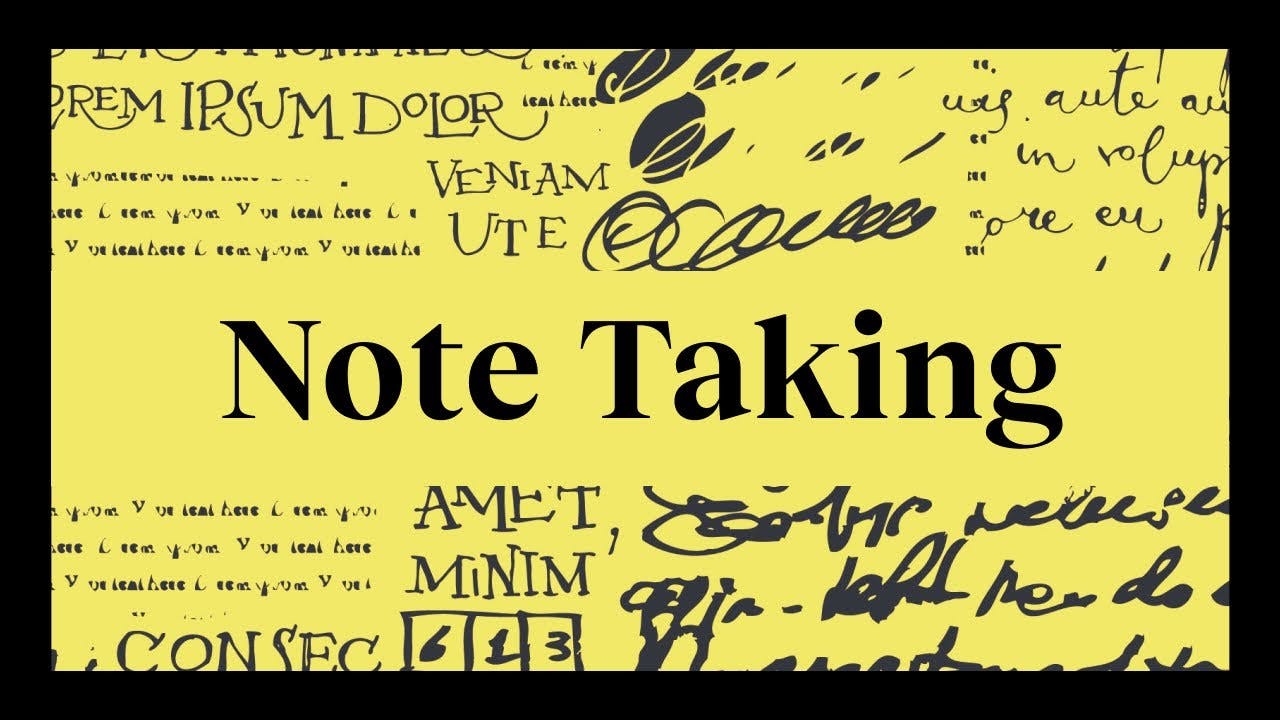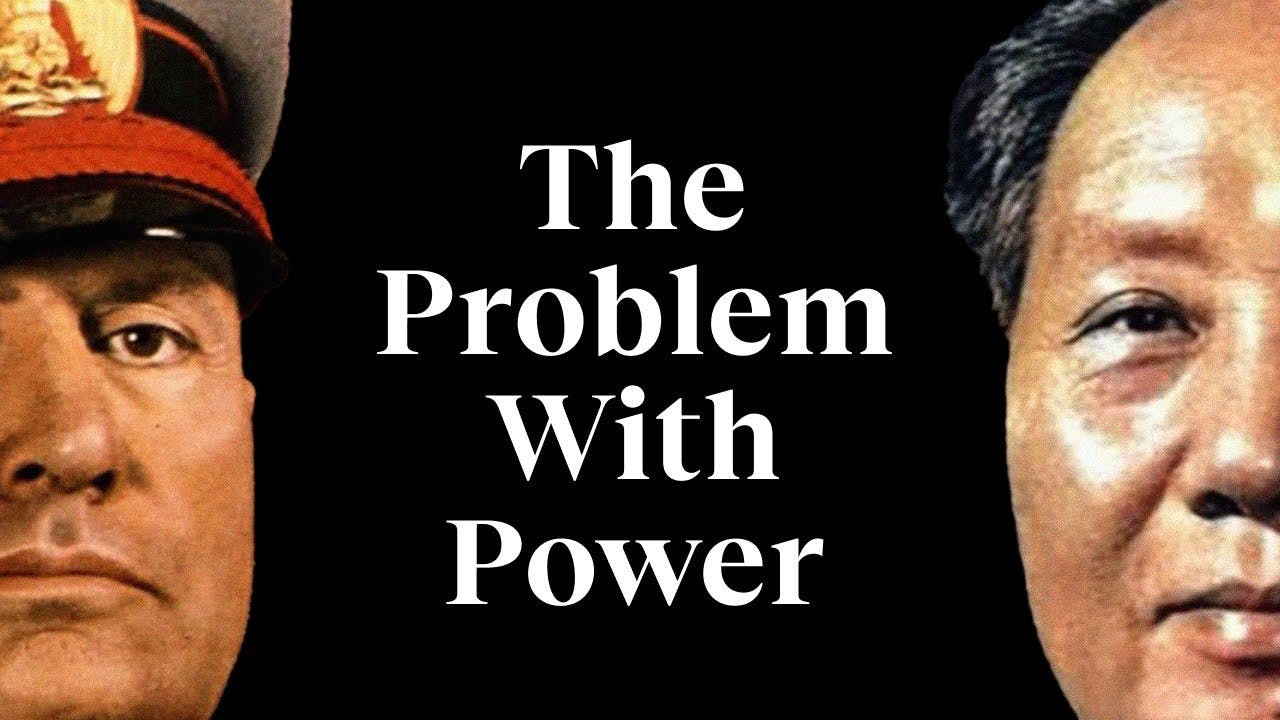Why Einstein is a “peerless genius” and Hawking is an “ordinary genius” | Albert-László Barabási
Description
A very few creative individuals, often labeled “geniuses,” have had a profound and lasting impact on science, culture, and society. Sure, we admire the achievements and legacy of this lofty few, but it’s a puzzle to determine what, precisely, launched these specific innovators into the stratosphere.
The simplest answer is that the root of genius is raw ability. Yet, decades of research indicate otherwise. As network scientist Albert-László Barabási tells us, exceptional talent or intellectual prowess is no guarantee of exceptional achievement. And exceptional achievement is, in turn, no guarantee of recognition. Even a significant breakthrough doesn’t ensure that an individual ultimately will be labeled a genius.
So what truly makes a genius? And what separates ordinary geniuses — those who have accomplished remarkable feats and are often compared to their peers, like Stephen Hawking — from peerless geniuses, who are considered alone in the significance of their achievements, such as Albert Einstein? Working with Alexander Gates and Qing Ke at the Network Science Institute at Northeastern University, Barabási catalogued the publishing history of nearly six million scientists to answer these questions. And the data they gleaned might just predict which genius will be our generation’s Einstein.
0:00 Genius worshippers
1:18 Ordinary vs. Peerless genius
3:47 Was Einstein right about the age of genius?
5:35 The ‘Q-factor’ of scientific success
----------------------------------------------------------------------------------
About Albert-László Barabási:
Albert-László Barabási is a network scientist, fascinated with a wide range of topics, from unveiling the structure of the brain and treating diseases using network medicine to the emergence of success in art and how science really works. His research has helped unveil the hidden order behind various complex systems using the quantitative tools of network science, a research field that he pioneered, and has led to the discovery of scale-free networks, helping explain the emergence of many natural, technological, and social networks.
Barabási is a Fellow of the American Physical Society. He is the author of The Formula (Little Brown), Network Science (Cambridge), Bursts (Dutton), and Linked (Penguin). He co-edited Network Medicine (Harvard, 2017) and The Structure and Dynamics of Networks (Princeton, 2005). His books have been translated into over twenty languages.
----------------------------------------------------------------------------------
---------------11:21-17
-------------------------
Learn more about your ad choices. Visit megaphone.fm/adchoices
























